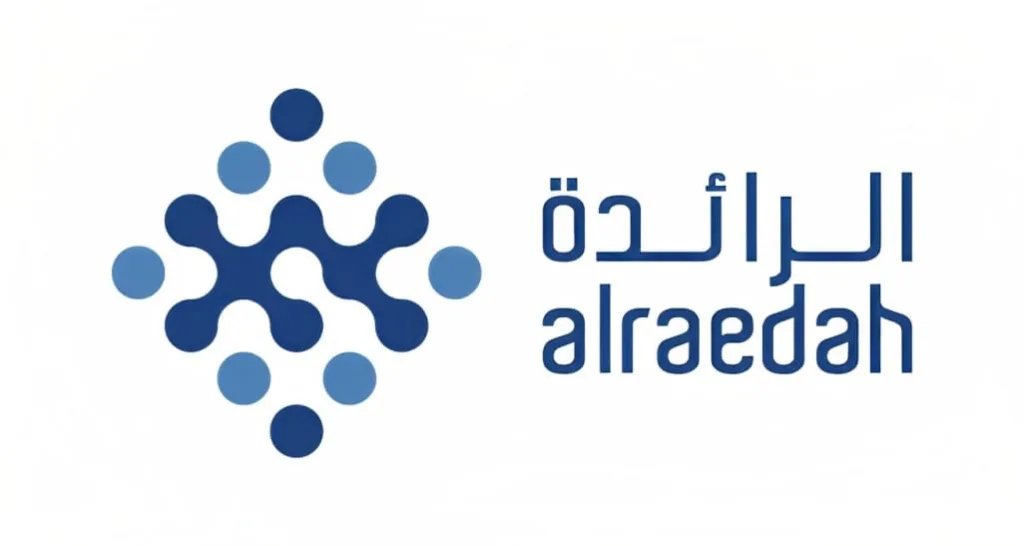Finance plays an indispensable role in facilitating the growth of companies, enhancing their investments, and achieving their organizational goals. Companies utilize a set of strategies and mechanisms used to secure the necessary funds for various projects. From small enterprises to multinational corporations, understanding the various types of financing and aligning them with established objectives is critical to effective financial management.

In this article, we will explain the concept of financing, and highlight the different types of financing based on the distinct goals that it serves. By exploring the complexities of financing options available to companies, investors, and individuals, you will gain valuable insights into how financial decisions can contribute to the success and sustainability of organizations.
What is financing?
Financing refers to the process of obtaining funds or capital needed to support various initiatives, projects, or investments. Therefore, it plays an effective role in accelerating economic growth, facilitating commercial operations, and achieving the set investment goals.
The primary purpose of financing is to bridge the gap between available resources and funds required for a particular business; This allows individuals and institutions to obtain the necessary capital to start or expand businesses, invest in new projects, own certain assets, conduct research and development, or pursue other financial goals.
Funding can be obtained through various channels, such as loans, equity investments, grants, lines of credit, trade credit, or various other financial instruments. The choice of financing method depends on factors such as the nature of the project, risk, cost considerations, repayment terms, ownership and stakeholding, and the preferences of both the borrower and the lender.
Different types of financing and the purposes of each
The types of financing differ according to the types of financing sources themselves, but the common types of financing include the following:
Financing startups
- Seed funding: This funding provides seed capital to startup companies in exchange for equity in them.
- Self-financing: In which the money is provided through personal savings or revenue generated by the company itself.
Expansion financing
- Equity financing: Also known as equity financing, shares or ownership stakes in a company are issued in exchange for capital investment.
- Debt financing: It is a type of bank financing, in which money is borrowed from banks or financial institutions with the obligation to pay the principal over time, plus interest.
- Venture capital: This means borrowing from venture capital firms in exchange for equity, and is often given to high-growth companies with great potential.
Working capital financing
- Trade Credit: Here, suppliers allow businesses to purchase goods or services and pay for them later, providing short-term working capital.
- Line of Credit: This is a pre-approved loan that a business can draw on as needed to manage cash flow fluctuations.
- Factoring: It is the process of selling receivables to a third party in exchange for applying a discount on them in order to obtain immediate liquidity.
Equipment and asset financing
- Equipment Leasing: Here, equipment is leased for a fixed period of time, eliminating the need to resort to other types of borrowing.
- Asset-based lending: Here, a company’s assets (such as inventory, receivables, or equipment) are used as collateral to secure a loan.
Research and development funding
- Government grants: This is funding provided by government agencies to support research and development initiatives.
- Angel Investor Financing: It is the financing provided by individual investors in exchange for shares, and is a way to support innovative projects.
- Crowdfunding: It is the collection of funds from a large number of individuals through online platforms.
Mortgage
- Mortgage loans: These are loans secured by real estate, and are often used to purchase or develop real estate.
- Construction loans: in which construction projects are financed, so that the loan funds are disbursed in stages as the project progresses.
Financing acquisitions and mergers
- Leveraged acquisition: Here, a company is acquired using a large amount of borrowed money, with the assets of the acquired company being used as collateral to repay the loan.
- Mezzanine financing: A hybrid form of debt and equity financing used to finance acquisitions, where lenders have the option to convert debt into equity.
What are the leading programs for financing enterprises?
First: Point of Sale Financing Program
A POS financing program aims to help small and medium business owners develop and expand their businesses by obtaining flexible financing in record time. Al Raedah has designed a flexible and smooth program that helps you achieve your ambitions without any periodic monthly installments.
The amount of financing for unsecured facilities starts from 50,000 Saudi riyals to 1,500,000 Saudi riyals. As for secured facilities, Al Raedah provides financing that is appropriate to each case separately.
How does the POS financing program work?
- Financing up to 21% of annual POS sales with a repayment period of up to one year.
- Financing up to 38% of annual POS sales with a repayment period of up to 2 years.
- Financing up to 50% of annual POS sales with a repayment period of up to three years.
- You must have a commercial record for the project or organization you want to finance.
- You must have had POS terminals for at least three months.
- You do not need a guarantor to obtain financing.
- No monthly installments are paid.
- The method of payment is daily through points of sale.
- The annual percentage rate ranges from 14% to 78%.
- One-time fixed administrative fee of 1.5% (at least 5,000) Saudi riyals.
- Value added tax is applied at the rate of 15%.
Second: E-commerce financing program
Al Raedah has launched an exceptional e-commerce financing program, specifically for platforms active in the fields of technology and e-commerce. Al Raedah provides an exceptional opportunity for these stores to obtain financing service suitable to their needs, according to their monthly online sales.
How does the e-commerce financing program work?
- A program dedicated to electronic stores that have a commercial registration.
- You can choose the suitable financing from two packages spread over 6, 9 and 12 months.
- Payment is by weekly or monthly transfer.
- The minimum financing amount is 50,000 Saudi riyals.
- The maximum financing amount is 7,500,000 Saudi riyals.
- The annual percentage rate ranges from 23.52% – 40.69%.
- A one-time administrative fee ranging from 1% – 1.5%.
- Value added tax is applied at the rate of 15%.
- You can apply for refinancing once you have paid 60% of the financing amount.
Types of Islamic finance
Islamic finance is based on principles derived from Islamic law, which prohibits certain activities such as interest collection, and emphasizes ethical and socially responsible practices and risk sharing. It provides alternative financial solutions to individuals and companies looking for Sharia-compliant financing options.
Types of Islamic financing include:
- Musharaka: It is financing based on partnership, where two or more parties contribute to the capital and share together the profits and losses. Each partner has an active role in the business, sharing risks and returns in proportion to his investment.
- Mudarabah: Here one party provides the capital (the financier) while the other party provides expertise and labor (the owner of the project or the mudarib). The resulting profits are shared between the parties on the basis of a pre-agreed ratio, while the losses are borne solely by the financier.
- Murabaha: It is a financing in which the financier buys an asset at the request of the customer, and sells it to the customer at an agreed price with the inclusion of a profit margin. Payment is usually made in installments over a specified period.
- Ijarah: Here the financier buys an asset and leases it to the customer in exchange for an agreed-upon rental amount. The ownership of the asset may or may not be transferred to the lessee at the end of the lease term.
- Securitization or securitization: These are Islamic bonds that represent the ownership of an asset or project. Instead of receiving interest payments, sukuk holders receive a share of the profits generated by the asset or project.
- Endowment: real estate or charitable trusts set up by individuals or organizations to provide specific community benefits. The assets of the waqf are held in perpetuity, and the proceeds are used for charitable purposes.
What makes Al Raedah the best provider of Sharia-compliant financing?
Al Raedah Finance is one of the top Sharia-compliant financing companies in the Kingdom of Saudi Arabia, which undertakes the task of supporting small and medium enterprises by providing legitimate financial solutions that suit their requirements. This reflects positively on the growth of these enterprises in accordance with the provisions of Islamic Sharia without monthly installments. Payment shall be through sales and not through installments.
The financing solutions provided by Al Raedah Company are compatible with the needs of small and medium-sized companies to enable them to achieve their development goals by raising their financial capacity to provide more products, and expanding their fields of specialization by opening more branches or increasing the number of workers and employees, plus meeting their periodic expenses.
Al Raedah is distinguished by providing a legitimate and urgent source of liquidity in record time, by applying directly through the company’s website at any time, and wherever you are in the Kingdom of Saudi Arabia. The process of providing financing services is simple and flexible due to the payment mechanism, which is based on deduction without any fixed monthly installments, as well as the ease of requirements, as Al Raedah only needs account statements only without the need for any paper complications or financial statements.
Conclusion
So, as we have seen, financing is the cornerstone of financial management, as it enables individuals and companies to secure the necessary funds to start or develop business projects and initiatives. We have explored different types of financing in this guide. It is important to note that while this article provides a comprehensive overview of the types of financing, you should seek financial advice and consult with experts of great importance before making any financial decisions.
Because financing is an integral part of the success of any project, Al Raedah stands out in the financing services it provides, as it gives you funding that meets your aspirations. Find out how Al Raedah can help you; Apply now.

